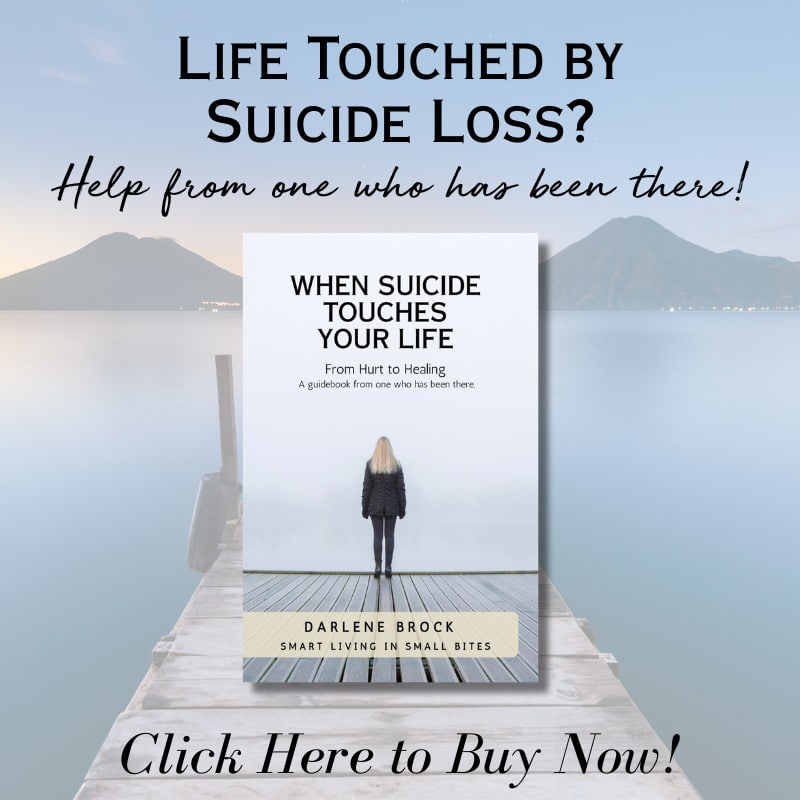Did you know that one of the most influential pastors and preachers of the Christian faith struggled with depression and even suicidal thoughts? Known as the “Prince of Preachers,” Charles Spurgeon’s work has provided an intangible, yet very real hope for people over the last 100+ years. The same mind that dwelt in dungeons of darkness also created quotes reflecting glimpses of a brilliant light…
“Those who dive in the sea of affliction bring up rare pearls.”
“By perseverance, the snail reached the ark.”
“Our infirmities become the black velvet on which the diamond of God’s love glitters all the more brightly.”
Sounds like a man who is able to find and focus on the good no matter how hard the bad. A man who can find hope in all circumstances. Yet, it is also recorded that he said, “I wonder every day that there are not more suicides, considering the troubles of this life.”1 In his book on Spurgeon and depression, author Zack Eswine discusses the depressed person’s desire to die and actually affirms the sanity in it. Surprising, right?
His premise is that those who entertain ideas of ending their life are experiencing an existence that feels more miserable than death. He says, “We are so weak that we barely recognize that we are actually living. We feel as if we are ‘scarcely alive.’ We wish that we could become unconscious because the consciousness we possess is so extremely painful.”
Did you know that one of the most influential pastors and preachers of the Christian faith struggled with depression and even suicidal thoughts?
In a podcast episode of This Grit and Grace Life, Julie and Darlene interviewed Melissa Maimone, author of The Radiant Midnight: Depression, Grace and the Gifts of a Dark Place. They touched on the topic of suicide, and Melissa said that when people are hurting so deeply, they just want the pain to end. She said to think about what happens when we place a hand on a hot burner: almost without thought, we pull away from the pain.
Listen to Julie and Darlene speak with Melissa here: What Are the Unexpected Gifts of Depression? With Melissa Maimone – 095
I love that analogy because I think we can all understand the concept regardless of whether or not we’ve struggled with depression or suicidal thoughts. No one wants to feel pain one second longer than necessary. Even our instincts protect us from it. Perhaps we are willing to push through it if we are certain a reward is waiting on the other side. But what about when it feels like there is no purpose to the pain and no end in sight? What then? No one wants pain to be the thread that stitches the moments of their life together. And so we can at least vaguely understand why someone who is so faint in heart and mind might feel as though they do not have the ability to endure it any longer.

So we, the women of The Grit and Grace Project, want to be a collective voice that rises among the masses to discuss this topic of suicide—and offer hope. Hope that the God whose thoughts and ways are much higher and grander than ours has good in mind for those who love him, even before they trust in his love.
And to the one who has lost someone they love to suicide, we want you to know you are not alone. In fact, the most recent statistics on the CDC’s website claim that nearly 45,000 people were lost to suicide in 2016.2 Though you’re not alone, we also want you to know that you are not lost or unseen in that sobering number. We see you, we care about you, but more importantly, so does God. Psalm 34:18 says, “He is near to the brokenhearted and saves the crushed in spirit.” He wants to be your refuge and strength, He wants to be a very present help in your time of grief, and he wants to lift your face, wipe your tears, and make promises of hope for your future, even still.
—

For more articles on suicide, grief, and hope, start here:
My Dad’s Suicide and the Hole in My Heart
What Your Grieving Friend Really Wants You to Know
Posttraumatic Growth: Finding Meaning in the Pain
Battered Faith: Holding on to Hope Even When You Struggle
Why We Can Look at the Dark Parts of Life With Hope
Don’t miss these popular articles:
This Is How to Avoid Stagnation and Get More out of Life
How Do I Know What Defines Me?
How to Stay Fit (Mind, Body and Soul) While Staying Put
How to Move On From the Loss of a Dream in a Healthy Way
How My Husband and I Survived My Affair
#gritandgracelife
You’ll love this podcast episode from This Grit and Grace Life: How to Feel Your Emotions in a Healthy Way With Dr. Zoe Shaw – 075!













